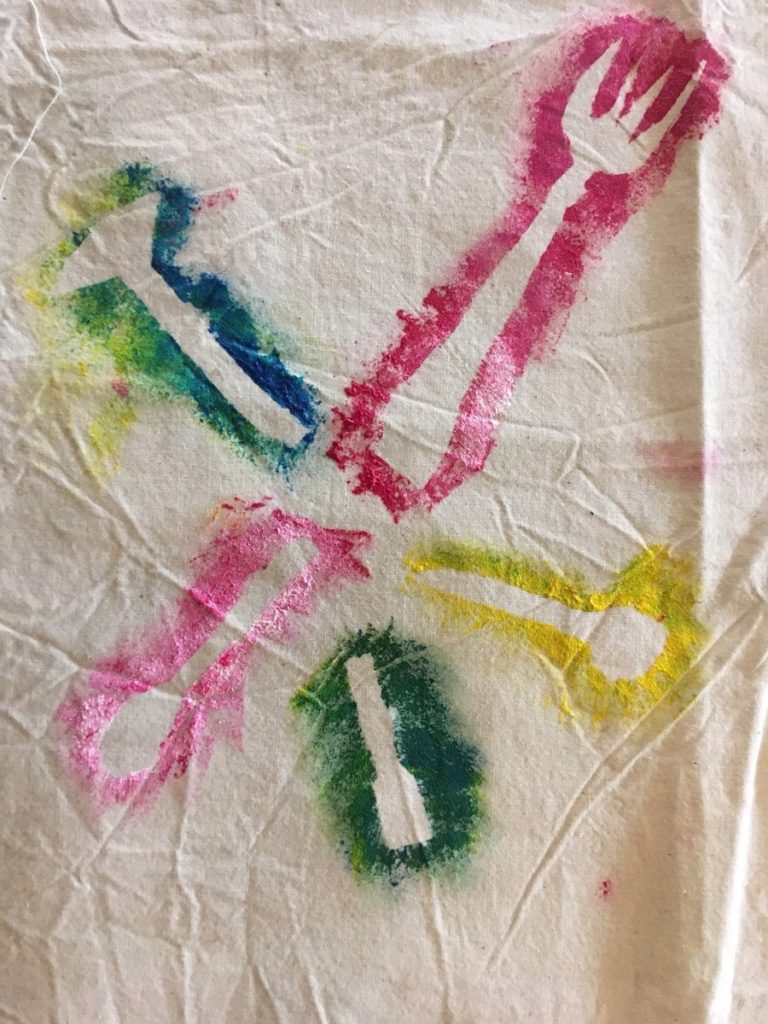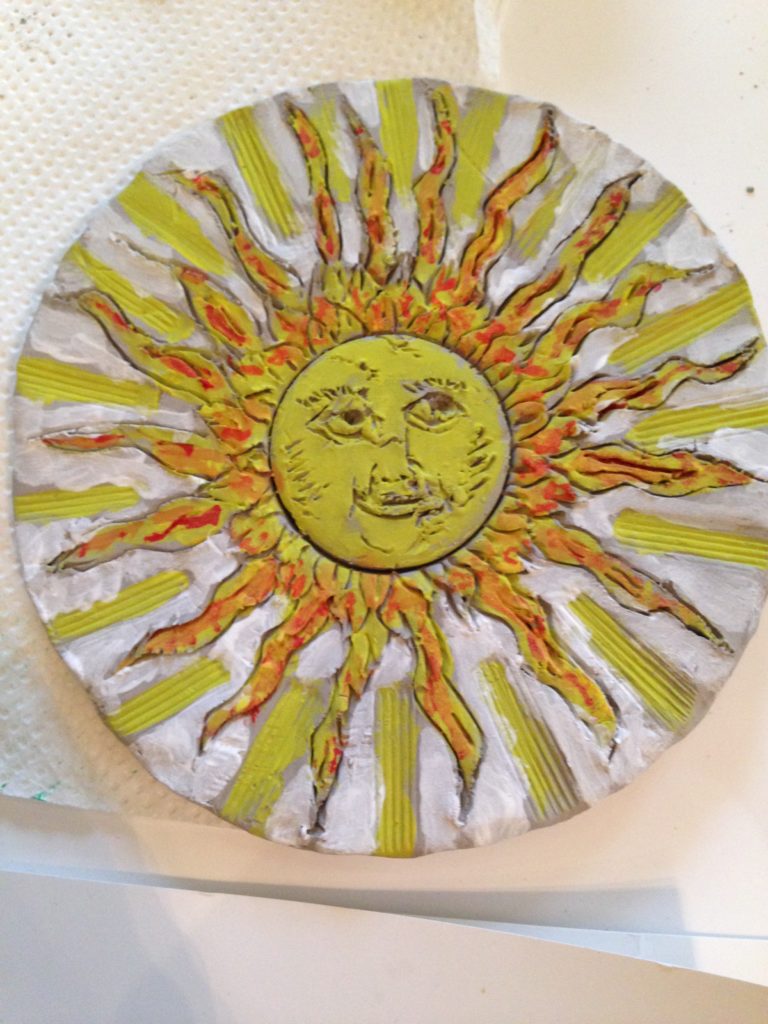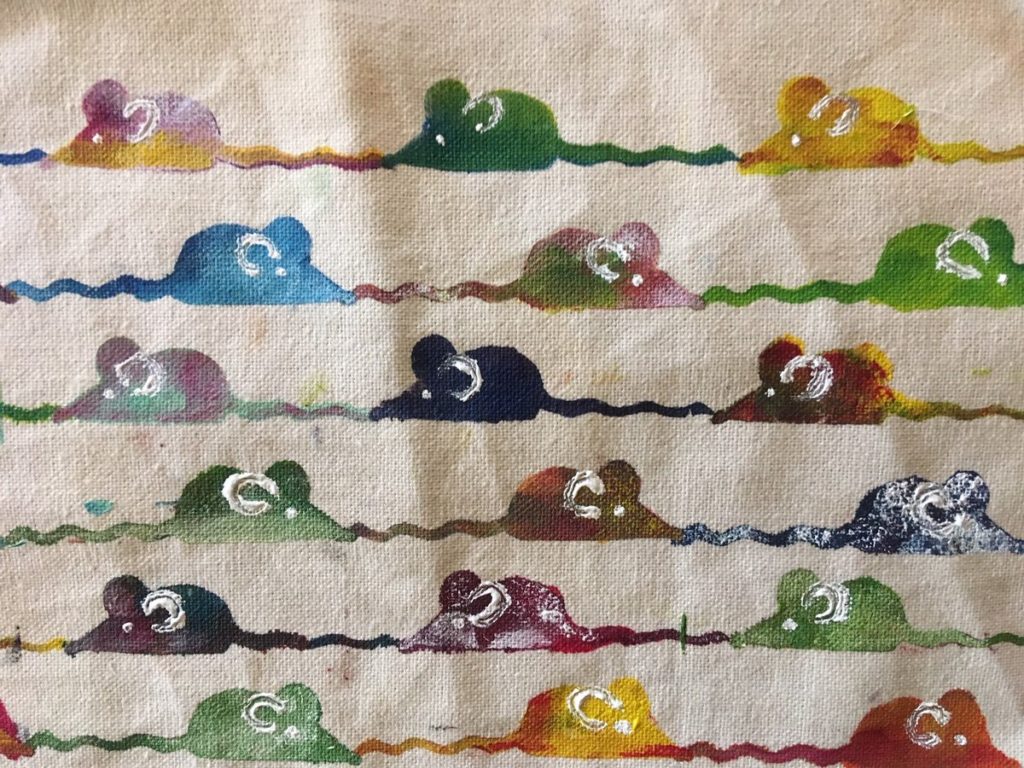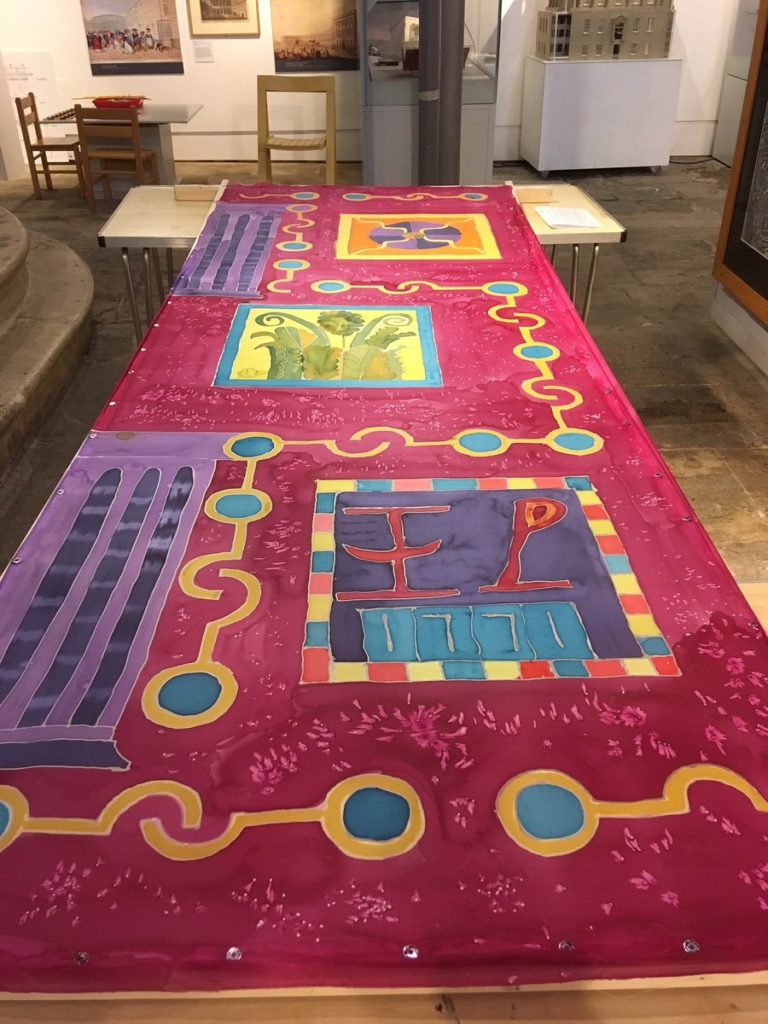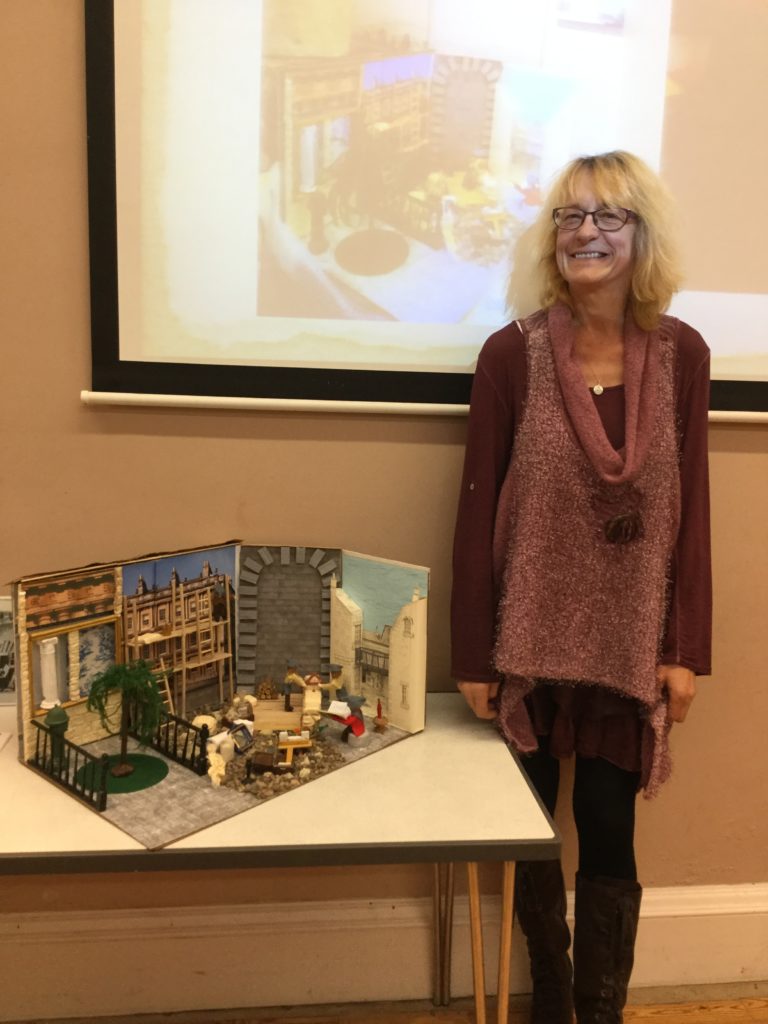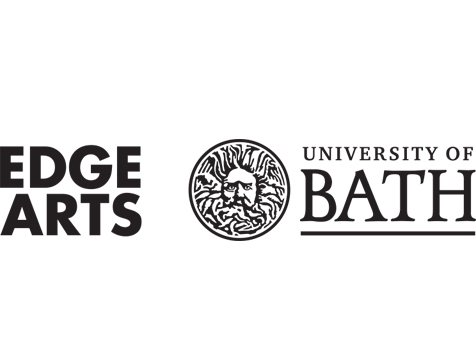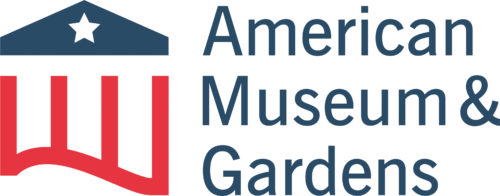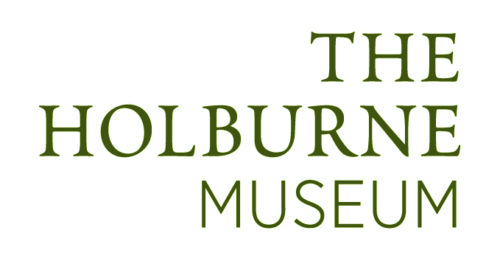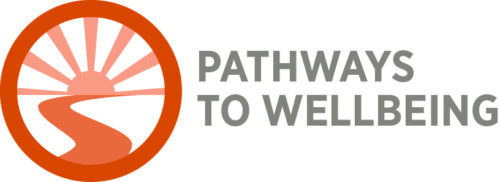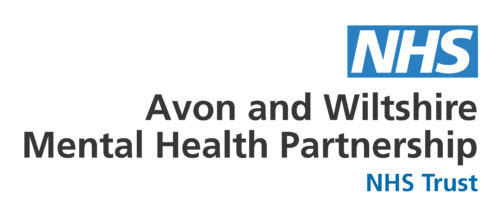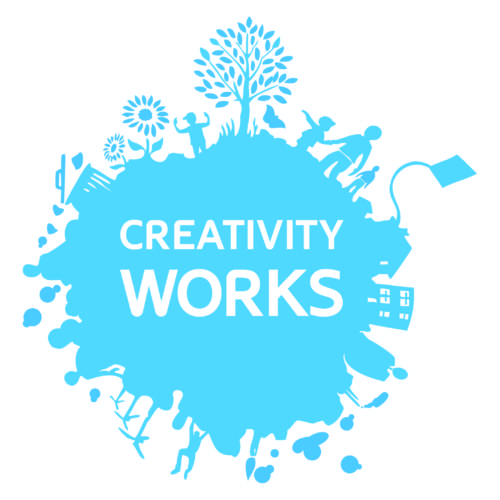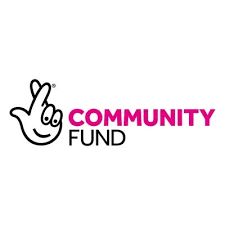
The Pathways to Wellbeing Programme aimed to promote positive mental health and wellbeing through creative engagement with museums. Since its start in 2016, it has supported over 200 local people living with mental health issues, social isolation and homelessness.
The programme was recently awarded funding from the National Lottery Community Fund and from a new local partner, the St John’s Foundation, to continue and extend its ground-breaking work for a further three years (May 2019 – May 2022).
Pathways to Wellbeing saw local museums, the local Mental Health Trust, Creativity Works and support organisations working in partnership across the city, to offer safe and supportive museum-based creative sessions where people can come together to enjoy arts activities, develop new skills and engage with their local heritage sites.
The Holburne Museum carried out an independent evaluation of Pathways to Wellbeing 2016 to 2019.


